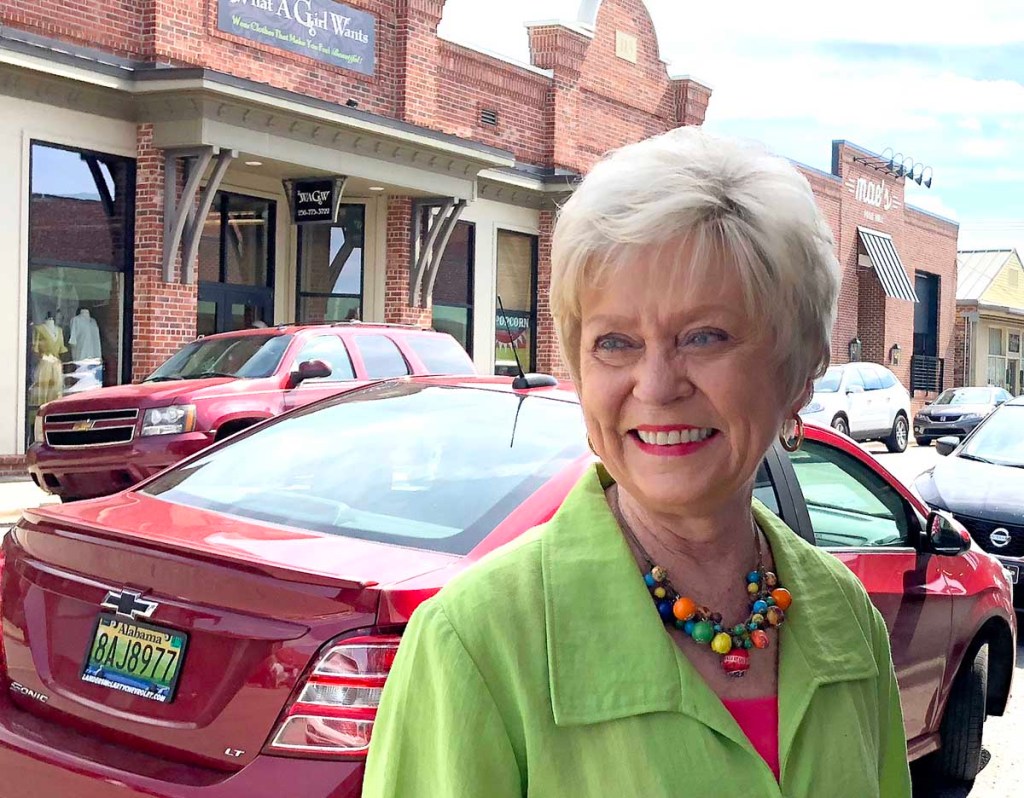Local elected, party leaders talk 19th Amendment
Published 5:16 am Wednesday, August 19, 2020

- Jenny Folsom says she married into politics — but it was never a path the retired educator envisioned for herself.
This week, the United States commemorates the ratification of the 19th Amendment giving women the right to vote. From the first Women’s Rights Convention in Seneca Falls, NY, in 1948 until August 18, 1920 when Tennessee became the 36th state to ratify the 19th Amendment, suffragists fought their battle state by state and in Congress.
Cullman City Council President Jenny Folsom said she heard stories from her mother about her grandmother, born in 1891, finally getting the right to vote. “Mom remembered hearing many lively political discussions between my grandparents, and would laughingly say they often canceled each other’s vote,” said Folsom.
Folsom’s mother instilled in her children the importance of voting, she said. “I vividly remember my first time to vote was a presidential election,” said Folsom. “I was in college at that time and you had to be 21 to vote. It was at the height of the Vietnam War and many people were protesting that 18 year olds were fighting a war but were not allowed to vote.”
A few years later, the 26th Amendment was ratified, lowering the voting age to 18 across the nation.
Cullman County Republican Women President Jacqueline Schendel said she doesn’t remember the first time she voted, but does remember she was living in Louisiana at the time. “At that time in Louisiana most candidates were Democrats, so the majority of people registered as a Democrat in order to vote in the primary elections,” she said. “The Democratic Party was different then from what it is today.”
Schendel said women are vital to the election process. “Women are typically the ones who are in charge of the finances in the household. Not always, but most of the time they do the grocery shopping, clothes shopping, and make basic day to day purchases,” she said. “They pay the monthly bills and keep up with the household budget. So they are sometimes more aware of the cost of living. They are also interested in the education of their children and their basic needs. Therefore, they are concerned about what is taught in the schools and the extra curricular activities their children can attend.”
Folsom, who ran for public office in 2008, began her career in education and had never really considered going into politics. “I did marry into a political family, so I was always around campaigns and involved in the background,” she said. It was her love for Cullman and sense of civic duty that led her to seek political office.
“At that time only one woman had ever served on the Cullman City Council and she was Charlotte Miller who served one term in the mid 70s,” said Folsom. Folsom won that election and is unopposed in the upcoming municipal election.
Schendel rejects the argument that women voters are influenced by their husbands. “It was said in the last presidential election that the men directed their wives and told them how to vote. I say, oh contraire – just the opposite,” she said.
She encourages first time women voters to thoroughly research the candidates and issues before voting. “Sometimes these people get into office and are there for life,” she said. “One should not just accept what they hear, but really do some research to find out as much about the candidates before election day, so they can make an informed decision.”
Next week there will be several municipal elections taking place in Cullman County, giving first time voters the opportunity to cast their ballots. Typically, municipal elections have low voter turnout.
“I think many people get complacent or believe that their individual vote doesn’t matter,” said Folsom “But collectively, all individual votes do matter. We can help by asking a friend, coworker, neighbor, or family member to please go vote.Our future depends on it.”


